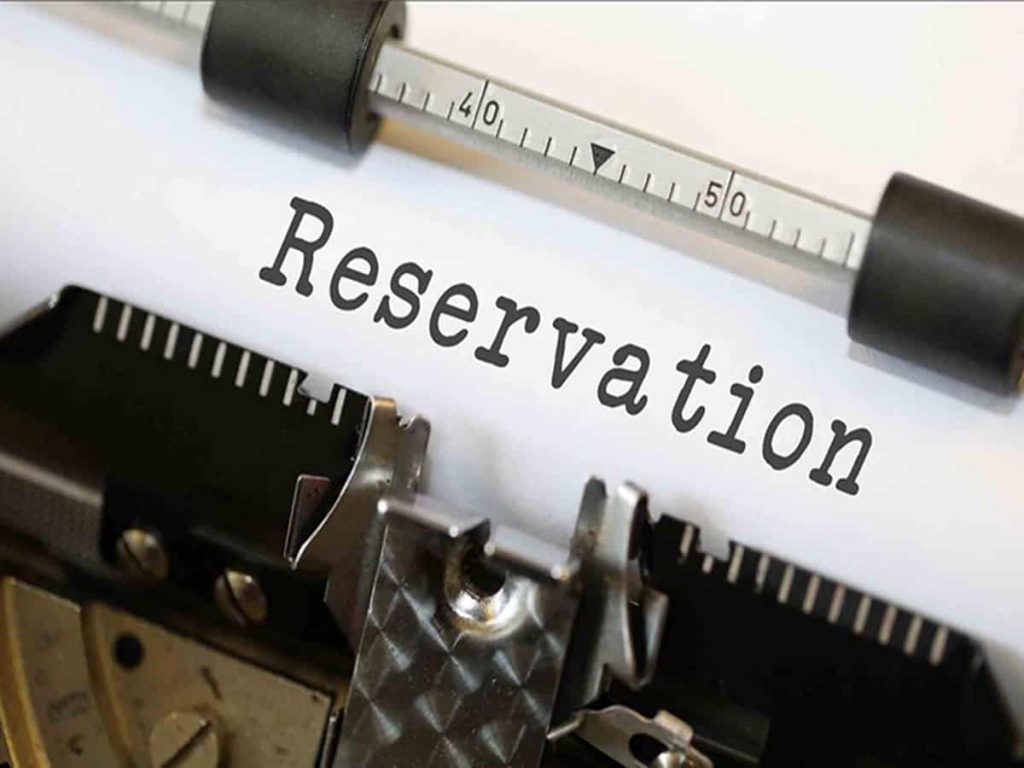Debasish Mishra
Acting on the Prime Minister’s insistence, the Union government has decided that medical colleges across the country will now have 27 per cent reservation for the Other Backward Castes (OBC) and 10 per cent reservation for the Economically Weaker Sections (EWS). The idea of reservation is inclusive, which aims to incorporate the excluded sections of the society. I do not intend to question the purpose and efficacy of reservations. However, I would argue that the recent development hints at the anomaly of the system by contrasting two disparate sectors: sports and health.
Reservations were primarily introduced with a bid to uplift the socially excluded castes and to undo the effects of “the history of oppression”. Reservation was synonymous with affirmative action. Dr Ambedkar was instrumental in safeguarding the interests of the weaker sections of the society. In fact, that was the need of the hour then to allow the weaker sections to gain access to opportunities of education and employment. Even after seven decades, reservation, which was initially adopted as a temporary measure, has not been withdrawn either partially or fully. In contrast, it has been bloated from time to time, largely riding on political and populist agendas. The Supreme Court in 1992 had set a limit to reservations at 50 per cent though different states have tinkered with the boundaries to allow leverage to regionally-deprived communities. In what follows, I will attempt a cross-sectoral contrast between sports and health vis-a-vis reservations and demonstrate the anomaly in the system therein.
Sports has been a common pastime in the country since Independence. People venerate and worship sports stars. Dhyan Chand, Milkha Singh, Sachin Tendulkar, PT Usha, Sania Mirza and Saina Nehwal are some notable poster-boys and poster-girls of inspiration. There are other glamorous sportspersons too who are adored and adorned as pin-ups. Despite the significance attributed to sports, let me put it clearly that sports do not amount to national duty. In the recently concluded Border-Gavaskar trophy, there was a hue and cry over Virat Kohli’s decision to leave the series midway in order to attend the birth of his first child. While many commentators hailed his decision, some lambasted him for privileging his personal interests over professional duties. For the latter, sports was tantamount to national duty. Sadly, that is not the case. A nation obsessed with sports, mainly cricket, lives under the vague construct of national pride. Sports work as, what Louis Althusser calls, Ideological State Apparatuses in fomenting nationalism. Sports, if I put it curtly, is simply another mode of entertainment. It is, in other words, just another profession. Interestingly and fortunately, sports has been insulated from reservations in India, unlike some other countries like South Africa. The only criterion for selection here is merit.
Health, on the other hand, goes beyond entertainment. It dwells on matters of life and death. To be honest, it is far more important than sports. We won’t die in the absence of sportspersons. But we will obviously succumb to diseases and accident if there is a dearth of doctors. The horrendous display of COVID-19 is the latest example of the importance of health workers in the sustenance of life and activity. Sports is attached to the myth of national pride. Not more than that! Health is necessary for the existence of mankind. In scientific parlance, health is the core while sports is, at best, an auxiliary wing.
Health and sports, however, are not entirely alien to each other. Even sportspersons get access to the best physiotherapists, who are preferably the best in the trade. In most cases, physiotherapists of the national teams are of foreign origin. They are chosen on the basis of merit. Even doctors attending the sportspersons are people who excel in their profession. Sportspersons are undoubtedly important. Nevertheless, the common citizens of the country are also important as far as access to better health facilities is concerned. In a country like India, the bulk of the population relies on public health centres for everything that goes between birth and death. It is not a matter of choice but circumstantial compulsion due to their economic status. The United Nations estimated that the number of poor in India was 364 million in 2019, or 28 per cent of the population. The pandemic has only worsened the situation and pushed a large chunk of population into poverty.
By enhancing reservation in the health sector, the edge of efficacy is blunted. In matters of healthcare, merit should be paramount. The concept of merit is itself ambiguous. The advocates of reservation speak of equitable distribution of resources which is ensured by reservations. Nevertheless, we ought to have the best hands for healthcare. Accommodating persons from weaker sections by compromising with merit in the name of affirmative action puts millions of lives at risk. That should never be the case. If sports is insulated from reservations, healthcare deserves the same treatment. Carl Jung rightly says, “Medicines cure diseases but only doctors can cure patients”. For the sake of the country, let us strive for doctors who can cure patients in the best possible manner.
The author, who earlier worked with United Bank of India and Central University of Odisha, is currently a Senior Research Fellow at NISER, HBNI, Bhubaneswar. Views are personal.
